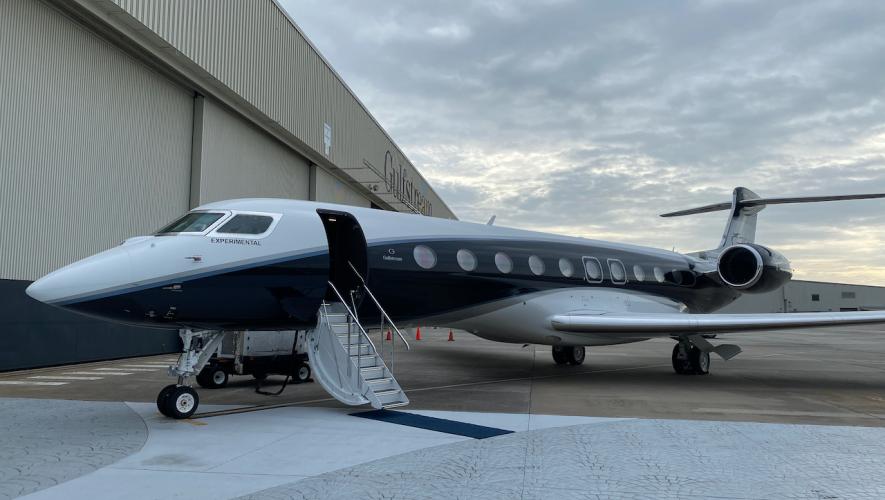Boeing has lost its approval to certify individual 737 Max jets for flight as a result of a decision by the U.S. Federal Aviation Administration to bar the manufacturer from issuing its own airworthiness certificates under its organizational designation authority (ODA). The agency said it would reserve the authority to issue the certificates until Boeing puts in place “fully functional quality control and verification processes.” In the past, the FAA shared responsibility with Boeing to issue certification ahead of delivery.
“The FAA will retain such authority until the agency is confident that, at a minimum, Boeing has fully functional quality control and verification processes in place; delivery processes are similarly functional and stable; and Boeing’s 737 Max compliance, design, and production processes meet all regulatory standards and conditions for delegation and ensure the safety of the public,” the agency wrote in a November 26 letter to Boeing.
In a statement issued to AIN on Wednesday, the agency said it has enough inspectors in place to meet Boeing’s expected delivery capacity.
“The FAA notified Boeing today that the agency will retain authority over the issuance of airworthiness certificates for all newly manufactured 737 Max aircraft,” said the FAA’s statement. “This action is in line with Administrator Steve Dickson’s commitment that the agency fully controls the approval process for the aircraft’s safe return to service.”
The issuance of the certificate represents the final FAA action affirming the airworthiness of each newly manufactured airplane. The FAA’s retention of the authority does not affect Max jets already certified before the model’s grounding in March. However, operators of those aircraft must comply with all changes required by an FAA airworthiness directive the agency will issue as part of its requirements for the model's return to service.
Boeing has previously said it expects to receive authority to lift the grounding by the end of this year. However, the FAA said it has not completed its review of Boeing’s design changes and proposals for associated pilot training. “The agency will not approve the aircraft for return to service until it has completed numerous rounds of rigorous testing,” it added. “The FAA will take all the time it needs.”







